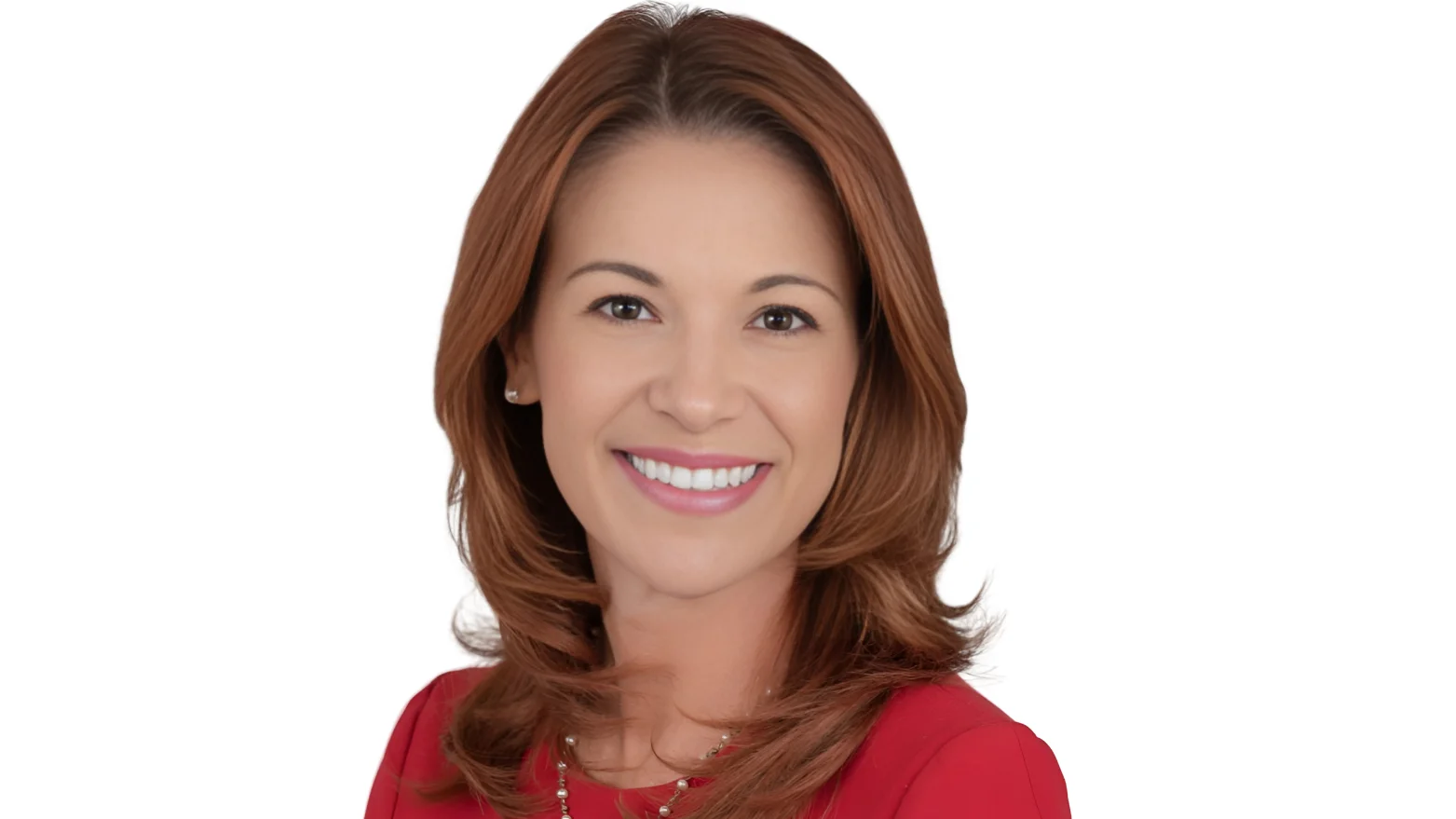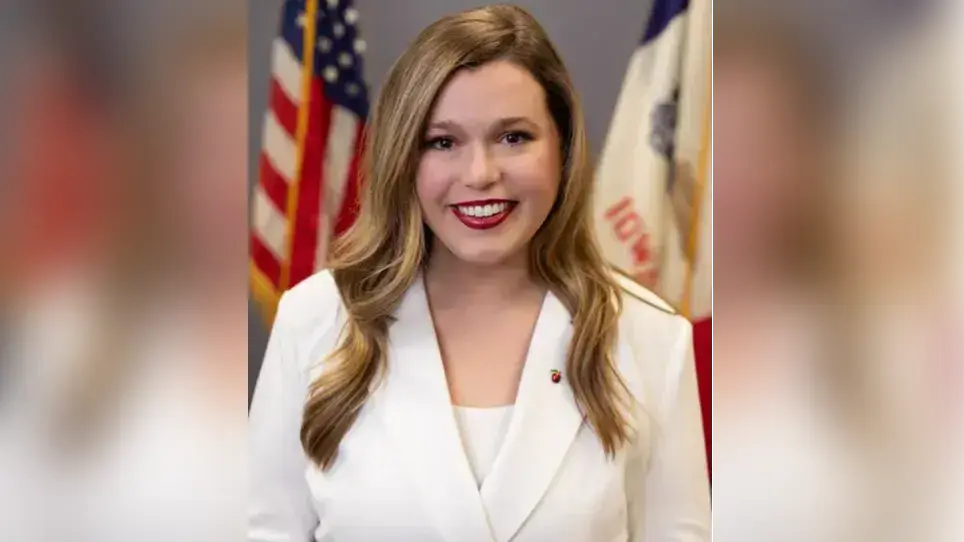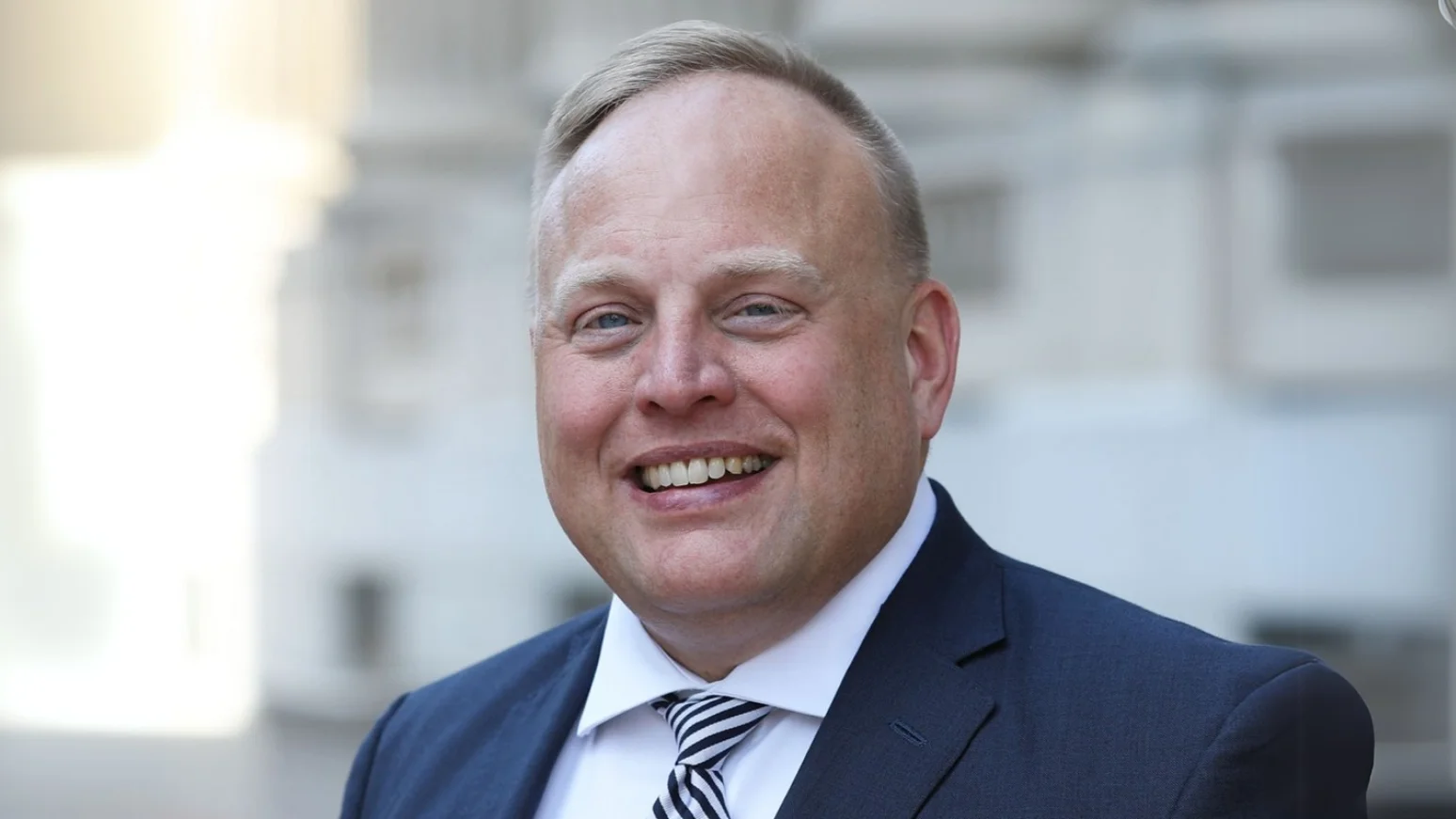
Alleana Austin English Teacher at Morton East High School | Morton East High School
In a classroom in Chicagoland, an English teacher at Morton East High School is working to give students from immigrant and first-generation backgrounds more than just language skills. The educator aims to build a curriculum that acknowledges the cultural heritage and lived experiences of students, many of whom face linguistic barriers and often feel invisible within a traditional, English-focused curriculum.
The teacher’s efforts draw on personal experiences abroad as a Fulbright Global Scholar through the Teachers for Global Classrooms program in India and as a Youth Ambassador Mentor in Argentina with World Learning and the U.S. Department of State. In these roles, teaching poetry and identity in India and leading teens in Argentina offered insights into how education systems across borders can inspire both teachers and students.
“Education isn’t confined by state lines or country borders. It is a shared human pursuit, and my students deserve to feel part of that,” the teacher said.
Back at Morton East High School, this perspective shaped a curriculum focused on culturally responsive teaching with global competency at its core. This past year, AP Seminar students engaged with the United Nations Sustainable Development Goals (SDGs) for their research projects. Working in groups, they selected specific SDGs relevant to their lives—such as gender equity or climate action—and explored both global implications and local applications.
Discussions included topics like immigration, discrimination in the workforce, justice system challenges, and how these issues connect to SDGs including reduced inequalities and economic growth. A notable experience was partnering with nonprofit United Planet for virtual collaboration with peers in Nigeria.
“My students connected virtually between continents. They listened, shared and asked questions, not as passive learners, but as equal participants in a global conversation,” the teacher explained.
The project concluded with an “Advocacy Day” trip to Springfield, Illinois. Sponsored by local organizations Corazón and Advance Illinois—which also provided advocacy training—the field trip allowed students to engage directly with elected officials about evidence-based funding for schools.
“To see their confidence rise as they communicated their recommendations for better schools... They found their voices and their power without teacher instruction,” said the teacher.
Through this approach, many students experienced being seen as leaders or problem-solvers for the first time. By connecting local realities to global issues, they developed research skills, public speaking abilities, critical thinking habits, cultural curiosity, empathy—and learned that their voices matter inside and outside school walls.
“Incorporating a global and culturally responsive framework has reignited my own sense of purpose... It has reminded me why I chose this profession,” reflected the educator.
According to them: “There is no magical equation for equity in education but global education is a powerful starting point... When we take bold steps toward dismantling a curriculum that is singular in voice... we create incredible learning opportunities for students.”
The commitment remains ongoing: “For my students and for our futures I will keep pushing forward as I continue to deconstruct a curriculum that no longer serves us.”





 Alerts Sign-up
Alerts Sign-up